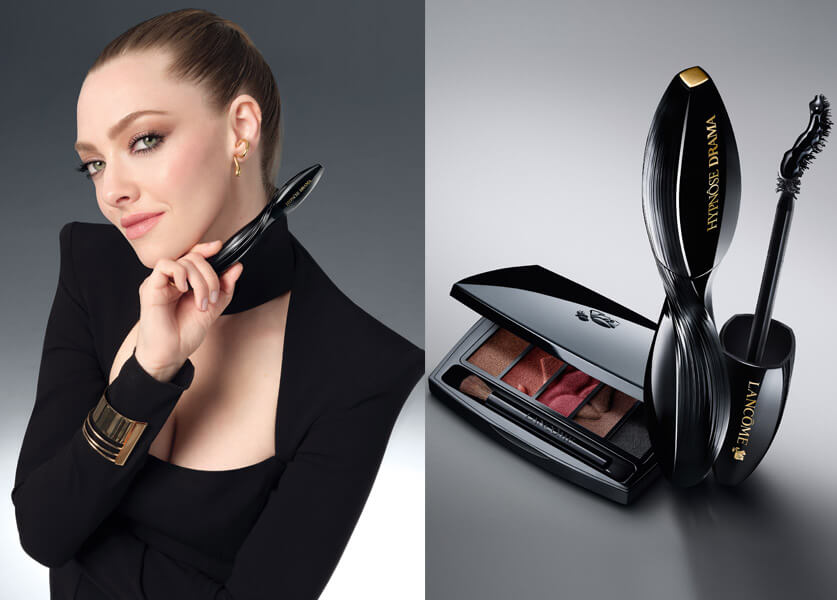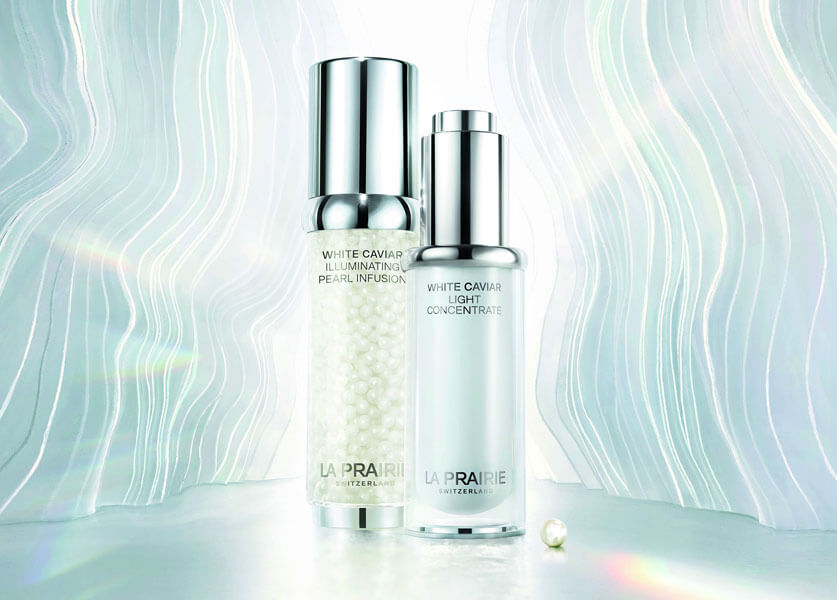BEAUTY
Consumer Magazine Debunks "Anti-Aging" Claims of Popular Supplement
Victoria Hidoussi - Madame Figaro
20-February-2024
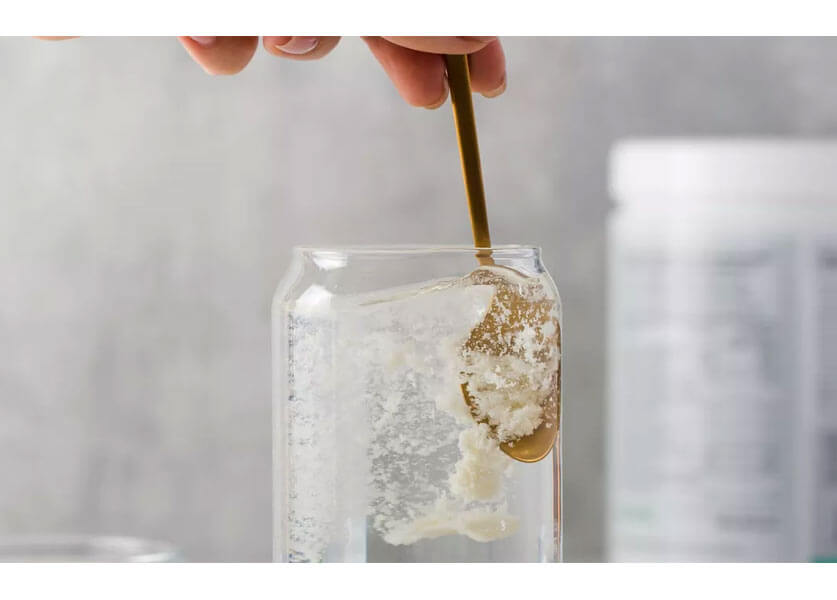
"Outrageous marketing," "dishonest scientific claims," "manipulations"... The consumer association's magazine discredits the supposed "anti-aging" benefits attributed to this trendy dietary supplement.
"Erase signs of aging," "combat skin sagging," "prevent the appearance of wrinkles," "rejuvenate the face," strengthen nails and hair... The promises are enticing. Long favored in the formulations of anti-aging care, collagen has reemerged in recent years in the form of drinkable supplements, capsules, or snacks. Promoted mainly by American celebrities (notably Jennifer Aniston, who became the ambassador for one of the leading collagen powder brands in the United States), it has also become part of the beauty routine of French women, after being marketed by numerous trendy cosmetic brands.
Nonetheless, you can head to our article Ultimate Anti-Aging Beauty Routine: Tips from Oh My Cream for more skincare tips.
Originally, collagen is an essential protein naturally present in the body, responsible for the structure, flexibility, and resilience of many tissues (such as skin, bones, tendons, ligaments, cartilages, etc.). However, its production decreases with age, hence the interest in supplementing this loss with a course of treatment for several months a year. Or not, according to UFC-Que Choisir, which completely contradicts the supposed virtues promoted by brands in an investigation published last January 10th.
"No Reason It Should Work"
While brands assure that the effects of their collagen treatment on the skin are clinically proven, UFC-Que Choisir is not convinced, denouncing "outrageous marketing" and "dishonest scientific arguments." This is first evidenced by the lack of substantial resources to rely on. Out of the three brands the organization asked to provide clinical studies demonstrating benefits for slowing down skin aging signs, two did not respond. The third sent documents whose methodology was deemed "insufficient" by the magazine.
Regarding the health benefits attributed to collagen, such as "comfort" or "reduced joint pain," "the few clinical trials that can be found, on arthritis pain for example, are poorly conducted, on too few patients, without comparing collagen results to those of a placebo," the report states. It also adds that products claiming to "strengthen bone density" on their packaging are problematic because such a claim is prohibited on a dietary supplement, falling under therapeutic claims. Consulted by UFC-Que Choisir, the honorary president of the French Society of Rheumatology, Professor Francis Berenbaum concluded: "There's no proof that it works. And, most importantly, there's no reason it should."
Questioning Protein Absorption
The issue particularly lies in the body's ability to absorb collagen in this form. "The body is not capable of assimilating collagen in this way," explains Dr. Claire Vinatier, a researcher at the Inserm Regenerative Medicine and Skeleton unit at Nantes University, in an interview also reported by UFC Que Choisir. "When collagen is ingested, it is treated like all other proteins: it is broken down into amino acids to pass through the intestinal barrier. Once assimilated, these amino acids can be used to rebuild proteins, but not specifically collagen more than any other," she clarifies.
"Manipulations"
Lastly, the article condemns the "manipulations" by some brands to sell these products through a "misuse of scientific language." For instance, those recommending products "with a molecular weight less than 2,000 daltons," preferably peptides from hydrolysis" and "ideally of type 1." While these terms exist in scientific jargon, they are deemed incomprehensible to "the average person" according to the consumer association.
Some references are also "pure inventions," such as a supposed certificate of compliance issued by the "French General Directorate for the Safety of Food Products," touted on the website of a collagen specialist. While the General Directorate for Food (DGAL) and the National Agency for Food Safety (Anses) do exist, the "French General Directorate for the Safety of Food Products" does not. The same brand also claimed to supply its product for a clinical trial conducted at the Georges-Pompidou hospital in Paris... which UFC-Que Choisir could not find any record of, and the information was denied by the health establishment's press service.
Recommended
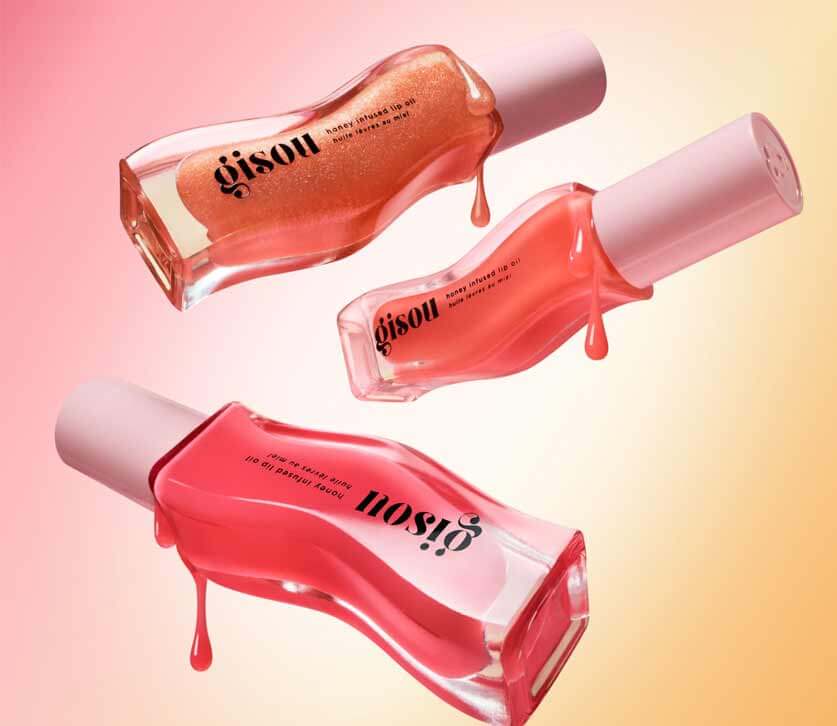
Gisou Introduces 3 New Hydrating Tinted Lip Oils
8-April-2025
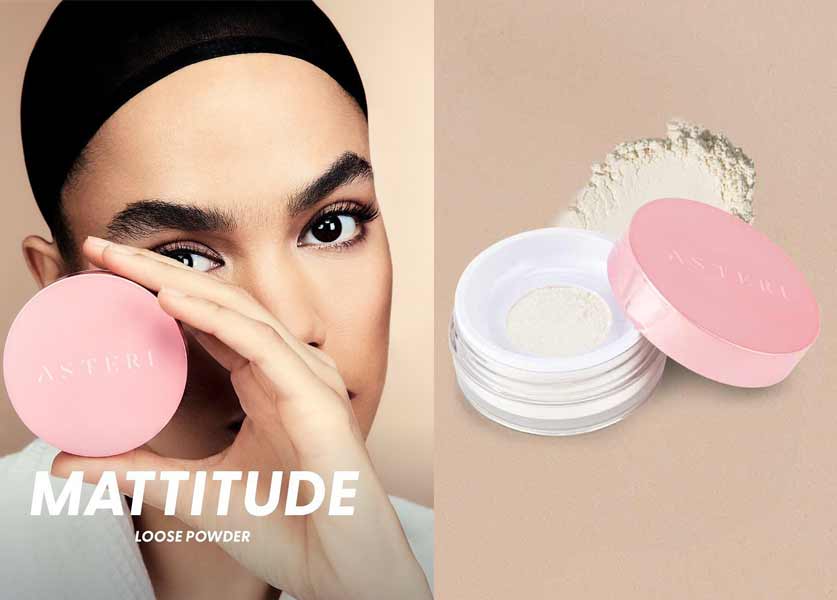
Asteri Beauty Unveils Mattitude Loose Powder
4-April-2025
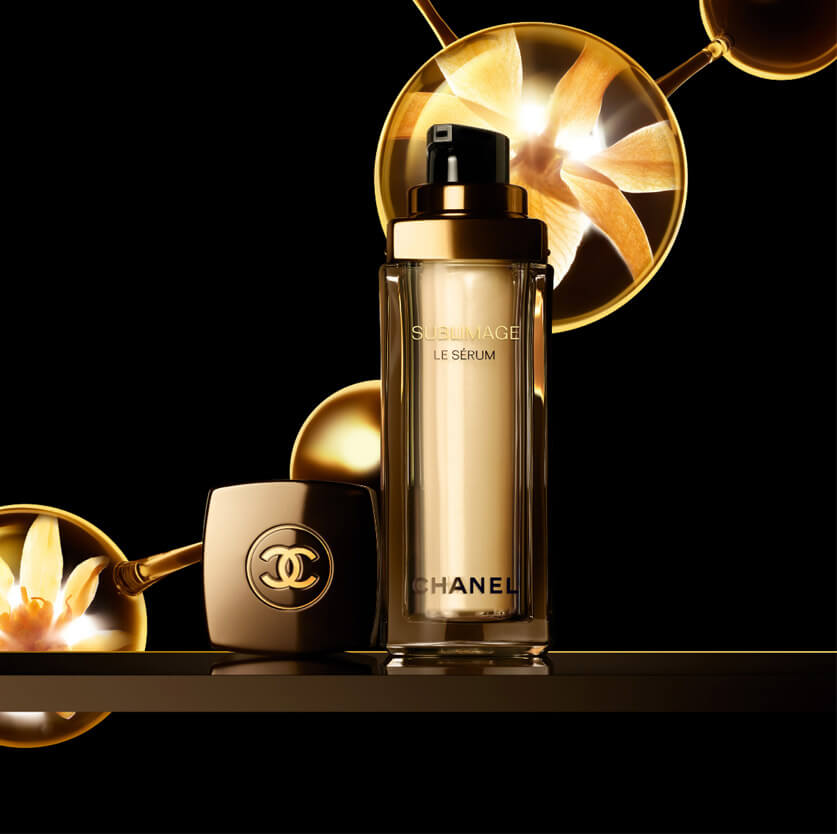
CHANEL Sublimage Le Sérum
24-March-2025
Most read
-
1
Alo Yoga Launches in Lebanon with Grand Opening at Beirut Souks
-
2
العد التنازلي لانطلاق منتدى الجمال والصحة النفسية والجسدية بدأ!
-
3
CHANEL Sublimage Le Sérum
-
4
The EMIGALA Fashion & Beauty Awards Announces its Fifth Edition
-
5
Maya Nassar Maalouf to Represent Lebanon at Ms. Universe World International 2025



